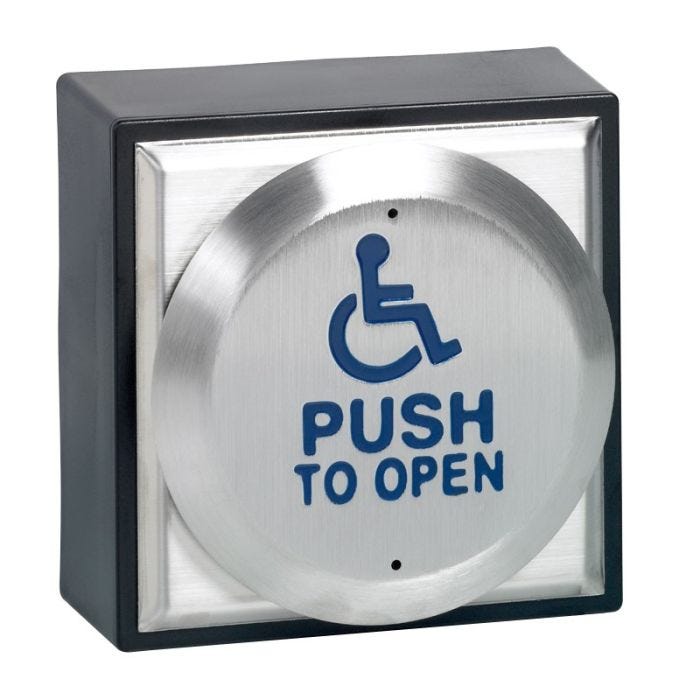The Disability Rights Movement in the UK
Most people do not really know how Britain has come in relation to disability rights, and the distance still to travel. Futureproof politics has done some digging and today we’re giving you the full picture.
The disability rights movement in the United Kingdom can be traced at least as far back at the late 14th century, wherein the 1388 Statute of Cambridge (otherwise known as ‘Poor Law’) was passed. The statute made the distinction between ‘deserving’ and ‘undeserving’ poor people claiming alms, with disabled and older people being considered ‘deserving’ and therefore being eligible for charity. However, it was not until more recent times that the organisation of disabled people, for disabled people, started to take form. In the late 19th century, the British Deaf Association and the National League of the Blind were established as the first two recorded organisations of disabled people. This was a key development because movements recorded prior to this development can be distinguished as organisations for disabled people, movements which were run by non-disabled people to ‘provide’ for disabled people.
This laid the groundwork for many future developments, and a timeline of activism that has seen many significant developments in the attitudes towards and treatment of disabled people in the personal, political, and professional spheres.
Keep reading with a 7-day free trial
Subscribe to Future-proof Politics to keep reading this post and get 7 days of free access to the full post archives.


